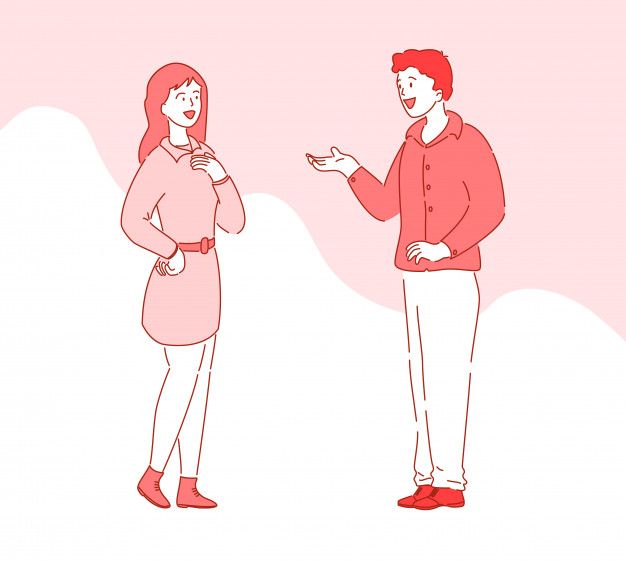Hola a todos, hoy vamos a hablar sobre las expresiones cotidianas para simplificar una conversación entre nativos. ¿Usas alguna de ellas?
1. Cómo así? / ¿Qué quieres decir? – What do you mean?
- Sofia: Creo que no voy a ir a Perú. I think I won’t be able to go to Peru.
- Manuel: ¿Qué? ¿Cómo así? yo no quiero ir sola. What? What do you mean?
2. O sea – I mean / In other words
- Me gusta la piscina, pero no puedo ir, O sea, quiero ir, pero tengo calambre. I like the pool, but I can’t go. I mean, I want to go, but I have cramps.
3. Fue sin culpa / No fue a propósito – It was not on purpose
- No quise romperlo, fue sin culpa. I didn’t want to break it, it was not on purpose.
- Lo siento si te ofendí, no fue a propósito. I’m sorry if I offended you, it was not on purpose.
4. No fue mi intención ofenderte / No quise ofenderte – I didn’t mean to offend you.
- Lo siento, en realidad no quise ofenderte. I’m sorry, I really didn’t mean to offend you.
5. Tranquilo(a), está bien – No worries, it’s ok.
- María: Perdón estaba ocupada antes, por eso no pude responderte. Sorry, I was busy before, that’s why I couldn’t answer you.
- Angie: Tranquila, está bien, no te preocupes. No worries, it’s okay. No worries at all.
6. Me defiendo – I can get by
- Yo no hablo español muy bien pero cuando voy a un país latino me defiendo. I don’t speak Spanish very well but when I go to a Latin country, I can get by.
- Yo no tengo mucha experiencia en la cocina pero me defiendo. I don’t have much experience in the kitchen but I can get by.
7. ¡Ya vengo! – I’ll be right back!
- Voy a la tienda a comprar una cerveza porque tengo sed, ¡ya vengo! I’ll go to the store to buy a beer because I am thirsty, I’ll be right back!
- Voy al supermercado por unos vegetales pero ya vengo. I’m going to the supermarket for some vegetables but I’ll be right back.
8. ¡Ya voy! – I’m coming!
- Sofía, la cena ya está lista. Sofia, dinner is ready.
- ¡Ya voy!, estoy viendo Netflix. I’m coming! I’m watching netflix.
9. Me enteré de que – I found out that / I learned that / I heard that
- Ayer me enteré de que Maria está embarzada. Yesterday I found out that Maria is pregnant.
- Ayer me entere de que Lucia fue novia de Pedro, mi novio. Yesterday I found out that Lucia was Pedro’s girlfriend, my boyfriend.
10. Necesito averiguar / Tengo que averiguar – I need to find out.
- No sé cuánto cuestan los tiquetes, tengo que averiguar. I don’t know how much the tickets cost; I have to find out.
- Aún no sé cuándo es el concierto, necesito averiguar. I still don’t know when the concert is, I need to find out.
- No sé que paso entre mi mamá y mi papá hay una tensión dentro de la casa, necesito averiguar porque. I don’t know what happened between my mom and dad, there is a tension inside the house, I need to find out why.








